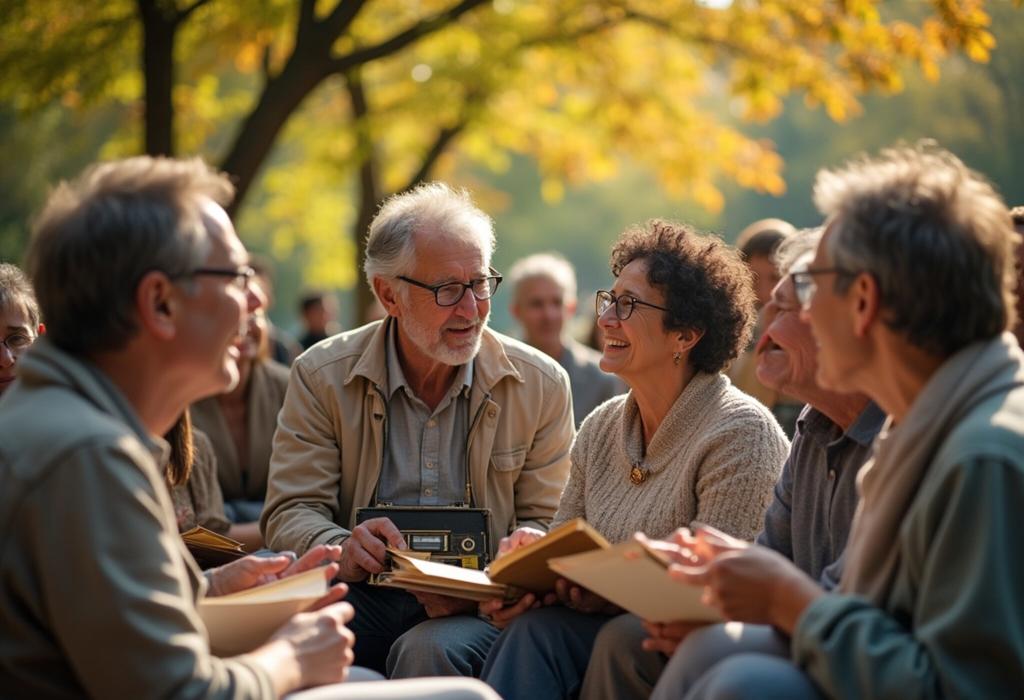For more details on this content, please review the step-by-step guide and frequently asked questions.
The Scientific Advances of Medieval Islamic Culture

Step-by-Step Guide
The Historical Context of Medieval Islamic Culture
Understanding the rise of Islamic civilization from the 7th century onwards, influenced by the expansion of trade, the spread of religion, and the establishment of cities like Baghdad and Cairo that became centers of learning.
Key Fields of Contribution
Analyzing the major fields where Islamic scholars excelled, such as mathematics, astronomy, medicine, chemistry, and philosophy. Notable scholars will be introduced step by step.
Advancements in Mathematics
Exploring the introduction of Arabic numerals, the concept of zero, and algebra by mathematicians like Al-Khwarizmi, laying foundations for modern mathematics.
Innovations in Astronomy
Discussing the compilation of astronomical tables and improvements in star charts by figures like Al-Biruni and Al-Zarqali, enabling better navigation and understanding of the cosmos.
The Development of Medicine
Highlighting contributions in medical sciences by scholars such as Avicenna (Ibn Sina), whose works 'The Canon of Medicine' remained authoritative in Europe for centuries.
The Birth of Chemistry
Investigating the early practices of alchemy, the transition to chemistry through notable figures like Jabir ibn Hayyan, and the development of experimental methods and laboratory techniques.
Philosophy and Its Intersections with Science
Examining the philosophical contributions of thinkers like Al-Farabi and Averroes, who bridged Greek philosophy and Islamic thought and influenced European Renaissance thinkers.
The Preservation and Translation of Knowledge
Understanding the role of Islamic scholars in translating ancient texts from Greek, Persian, and Indian sources, thereby preserving and disseminating knowledge across cultures.
The Impact on European Thought
Assessing how the scientific works of Islamic scholars were transmitted to Europe, influencing the Renaissance and the Scientific Revolution through translations and the re-introduction of ancient sciences.
The Legacy of Islamic Scholars
Concluding with the lasting impacts of medieval Islamic science on modern disciplines and encouraging an appreciation for the diversity of contributions to global scientific heritage.








